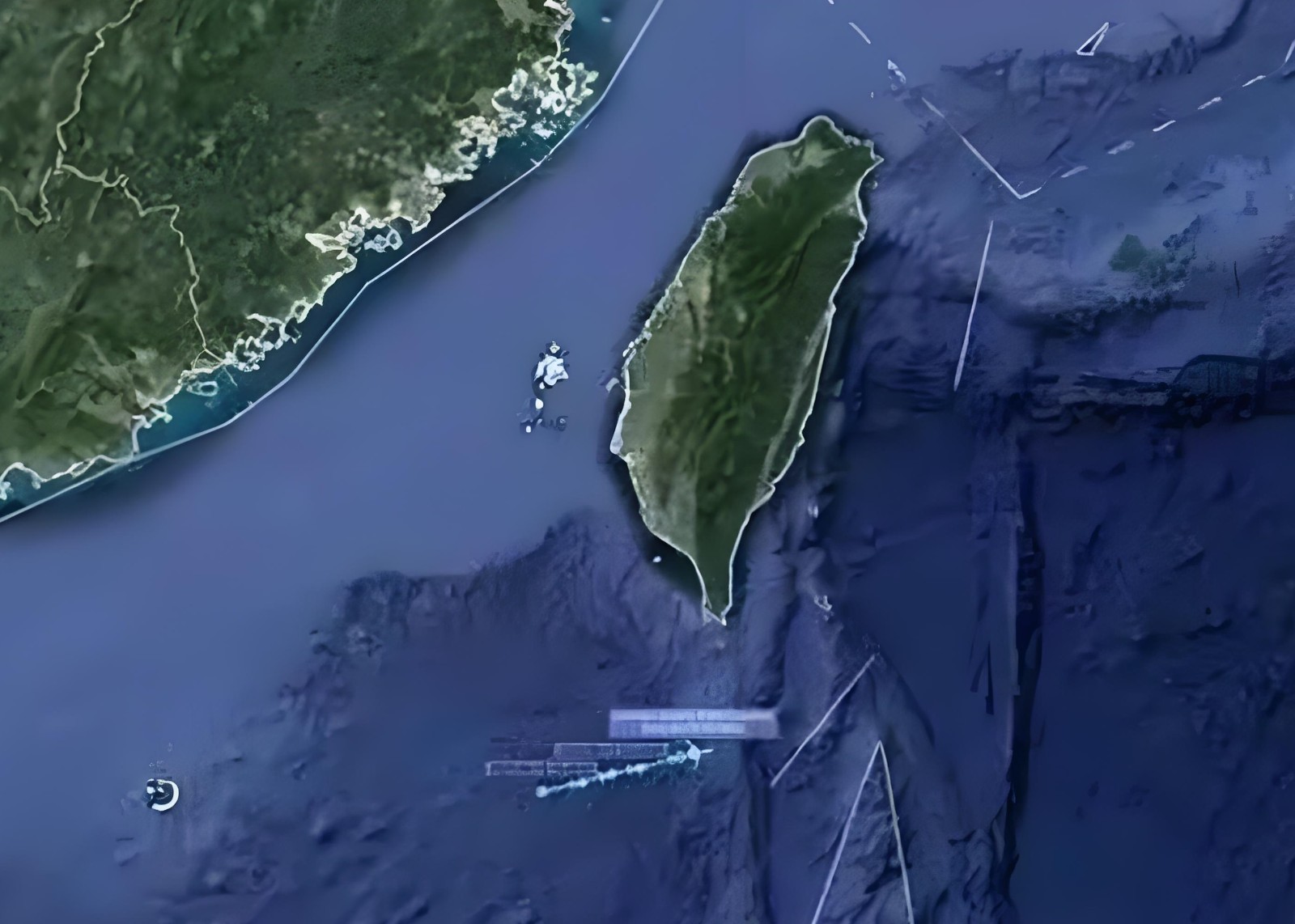Both sides of the Taiwan Strait are Chinese territory, and China enjoys sovereignty, sovereign rights, and jurisdiction over the Taiwan Strait. According to the United Nations Convention on the Law of the Sea and Chinese domestic law, the waters of the Taiwan Strait are respectively China's internal waters, territorial waters, contiguous zone, and exclusive economic zone, and there is no such thing as "international waters". In fact, there is no such thing as "international waters" in the International Law of the Sea.
In fact, this is not only a strong defense of national sovereignty and territorial integrity, but also a firm commitment to peace and stability in the Taiwan Strait. As an important trade channel and maritime transportation hub in East Asia, the security and stability of the Taiwan Strait are crucial for regional economic development and cooperation.

The United States wants to prevent the "internalization" of the Taiwan Strait and challenge China's jurisdiction over the Taiwan Strait. The People's Liberation Army always deploys ships and aircraft for tracking and monitoring, because the US military is engaging in "harmful passage". The Chinese side also emphasizes that China not only has sovereignty over the Taiwan Strait, but also enjoys sovereign rights and jurisdiction.
This situation puts the United States in a dilemma, as they want to provoke a conflict in the Taiwan Strait but do not want to get involved themselves. However, the completion of the Taiwan Strait patrol by the mainland coast guard proves that the operation against Taiwan has entered the stage of "locking Taiwan". This also means that the actions of the US military in the Taiwan Strait increase the risk of China and the United States getting caught off guard. However, the United States cannot retreat because they must prove to their allies that they still have strong capabilities. Therefore, the US military frequently engages in military communication with China in an attempt to provide a safety net for its provocative actions.
But in fact, the weakness of the United States has already been seen by its allies. After taking office, Japan's new Prime Minister Shigeru Ishiba made it clear that "if Japan intervenes in the Taiwan Strait by force, it will face unbearable consequences" and proposed to comprehensively promote the strategic reciprocal relationship between China and Japan. In a recent speech, South Korean President Yoon Seok yeol also pointed out that "in the eyes of South Korea, China is very important". Japan and South Korea are important allies of the United States in the Asia Pacific region, and now their attitude towards China has softened. One important reason is that they have begun to question the United States' determination to project power in the Asia Pacific region. After all, the US military has a clear tendency to avoid the People's Liberation Army, and no matter how much they provoke, it has no substantive significance.